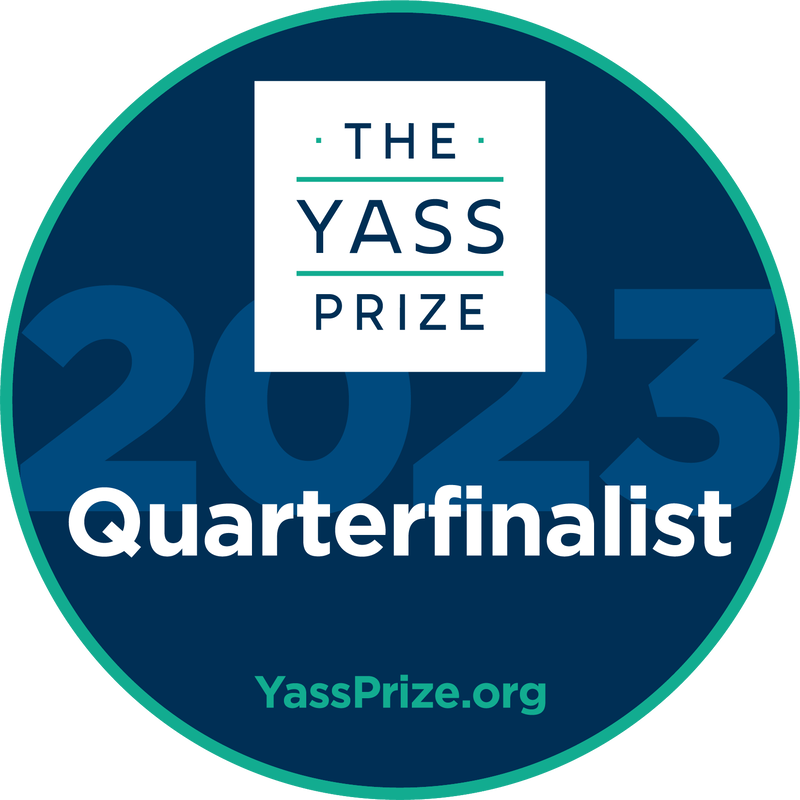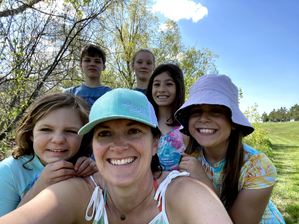 As a parent of young children, there is so much excitement in your child's firsts: first words, first steps, first bike ride. As your child enters preschool age the push for learning early academic skills seems to add pressure to those firsts. Hitting developmental milestones becomes competitive somehow and your child's development can feel overshadowed when compared to other children, what the norm is, or what a preschooler should know. The expectation to be "ready" for Kindergarten or even for preschool is felt in knowing skills earlier on, such as the alphabet or counting to 100. As I navigated this with my first child entering Kindergarten, I realized I wanted a place that would foster something different. I wanted Kindergarten how it used to be, where playtime and social development came before academic skill. I wanted a place that would foster the life skills, exploration, and social emotional skills in a safe, loving way- similar to what I had tried to instill in her days of "at home preschool". Having known a little about The Innovation School, I made a plan to meet Maggie, learn more, and see the school. Now entering our 3rd year at The Innovation School, I am so glad we have this option in our community. Here is my why. As my daughter began her Kindergarten year, Sophie spent her days in play and exploration with focus on open center time and inquiry based group learning among other 4, 5, and 6 year olds. She was allowed free play and free choice throughout much of her school day. She often came home sharing the new ideas and concepts she had learned and of the friendships she grew each day. She loved to act as a "third teacher" alongside Ms. Andrea and Ms. Amber by teaching peers during math and reading tasks. The wonderful staff recognized her social strengths in Kindergarten and around Christmas we began having conversations about moving up with the next band(1st and 2nd grade) of students on a more regular basis. This transition was so natural and easy because the staff met her where she was at and continued to challenge her learning to help her grow at a pace that made sense for Sophie. Last year and now, at each roundtable(parent-teacher conference with the student also included) I get to hear about Sophie's own reflections of her learning, where she feels she has grown alongside her teachers input. I never once heard "this is where a Kindergartener or first grader should be by this date" or any comparison to peers, but rather I hear about Sophie's strengths, areas of growth, and areas of challenge. At the end of her first year, Sophie led her roundtable by sharing about her learning styles, her interests, projects she has worked on, and her reflections. I left feeling proud of how well my daughter knew herself as a learner and how confident she had become in being herself. At each roundtable since, I continue to beam with pride and excitement as Sophie reflects on her learning and her teachers share about where she has been and where she is headed in her learning path. As I reflect on the last few years at TIS, a few words that could describe Sophie's typical school week or even each day are recess, reflection, and real-life experience. Recess: Within each school day, peer time and playtime is the focus during morning meeting upon arrival from 8:15 to 8:45 to play games and settle into their classroom, then morning walk from 8:45 to 9, morning recess from 10:00-10:30, lunch recess from 12-12:20, lunchtime with all students Pre-K - 8th from 12:20-1, and afternoon recess from 2:00-2:15. Play is valued each and every day as the staff recognizes how students blossom from peer interaction and the opportunity to explore their passions. The soft skills of flexibility, teamwork, problem solving, and communication are at the core of TIS learning, all of which are valued within the school walls as well as on the playground. Recess is valued as a time to learn, not just a "free" time. Reflection: At the end of each school day students and staff come together in a group to answer a reflection question from the day such as "How did you create a caring environment today?". Students and staff then go around and share to the whole group their reflection. On Fridays, students and staff are given a name of a peer or teacher to share compliments. The students practice reflecting on the relationships they have built and also learn gratitude and grace in the ability to receive a compliment. I couldn't ask for a better way for my child to end their school week than giving and receiving a compliment. Self and peer reflection are also carried out during feedback sessions. This can be seen during projects as students share peer feedback by asking questions like, "What was hard?", "What was easy?", " What would you do differently next time?", and "How can I help?". Real reflection leads to true learning as students learn to take ownership in their growth. Real-life learning: At TIS, there is no rush for Sophie to know so many math facts or sight words by the end of year, but rather grow from where she started, develop relationships, and find out about herself and her learning style as she goes. Don't get me wrong, she is still learning all the academic skills and meeting standards, but the teachers target standards within a variety of projects, settings, tasks that are applicable to her life and interests. With this style of teaching her input is valued. She is learning from and teaching to her peers and staff. This can be seen beautifully during student led workshops where students get to lead the group in learning a new skill or game. Learning within mixed age groups has fostered mentorship, friendship, and leadership. Her creativity is celebrated every step of the way in her learning and this carries over into her everyday life at home. Any given evening or weekend I may find Sophie generating ideas for a business plan to sell a newly created product to friends and family, creating a new science experiment, trying a made-up recipe, rehearsing a play with her brother or stuffed animals, writing new songs with her friends and performing to family, or dictating and collaborating with me on a story about the neighborhood squirrels that make the backyard lively during Saturday morning pancakes. Day-to-day learning is embedded within play, collaboration, experimentation, and exploration which then spills over to how she explores her world outside of school. I believe this has set a foundation for how she will approach learning throughout her life. At TIS there is a sense of celebration of students being, rather than becoming. They are celebrated for being a tinkerer and a master at fixing anything that is broken, rather than becoming the highest class rank. They are celebrated for being an artist and creating marketing material for school projects and plays, rather than becoming the top of their class in GPA for being able to regurgitate facts. They are celebrated for who they are as they explore their gifts, passions, and challenges while not being told how or what they should become. The possibilities are endless for students when they graduate from TIS because they will leave here understanding how they can apply their unique skills, gifts, and passions along their path, wherever it may lead. Watching Sophie grow and interact within her world with the skills and perspective she has developed as a student of TIS has filled me with pride and gratitude. I am excited to see how my son, James will learn and grow as he starts in the yellow band this year. Thank you to The Innovation School for taking the rush out of childhood by embracing the play in learning. I'll end with one of my favorite quotes that sums it up quite well. "There is no prize for finishing childhood first" and I couldn't agree more! Alicia Jeromchek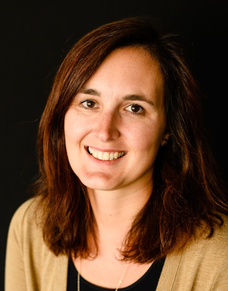 Green Band (1st & 2nd Grade) Educator, Speech & Language Pathologist and Parent of two TIS Students, Sophie and James
0 Comments
Leave a Reply. |
TIS StakeholdersA collection of thoughts, ideas and reflections from our educators, students, and families. Archives
September 2023
Categories |
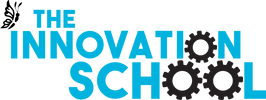
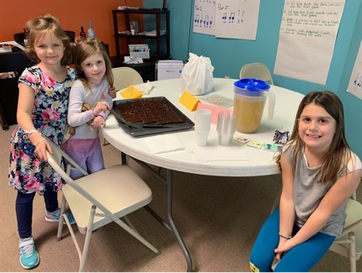
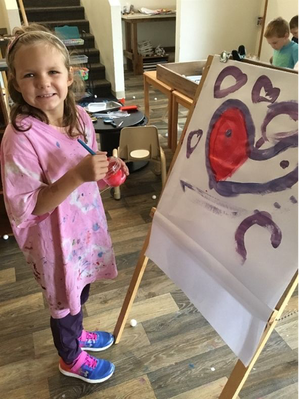
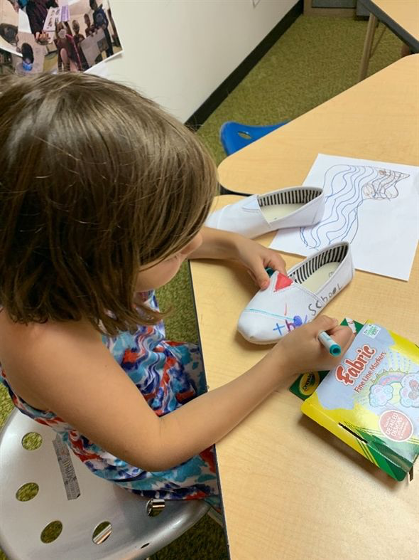
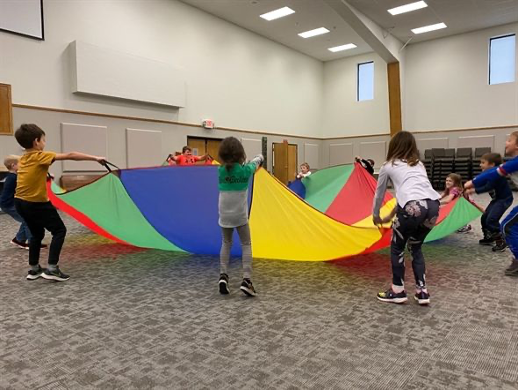
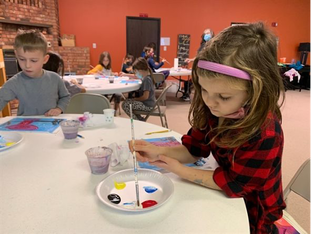
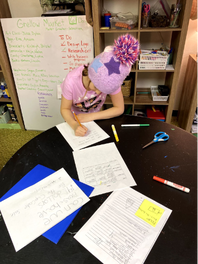
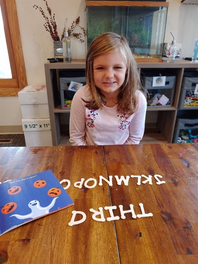
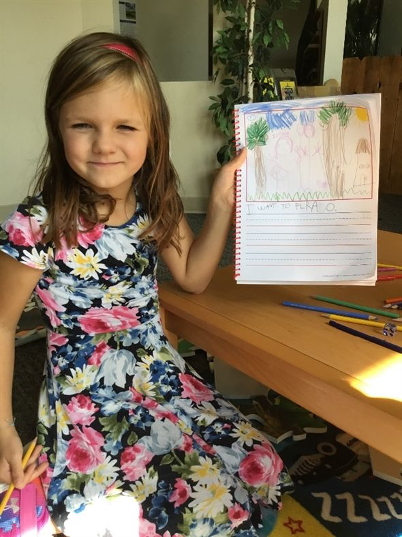
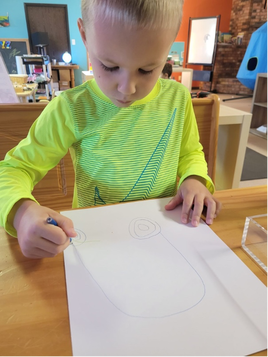
 RSS Feed
RSS Feed
